Magic: the Gathering receives a phenomenal amount of official sets every year. Each one adds hundreds of new cards to change up strategies, create a new meta, and give players more stories to explore through the artwork on show. However, sometimes Wizards of the Coast doesn’t release the exact card you want with the right art that appeals to you — and that’s where proxies come into play. This guide explains what proxy cards are in Magic: the Gathering, so you can find exactly what you want and understand how to use it.
Related: Magic: The Gathering card rarity symbols, explained
What are proxy cards?
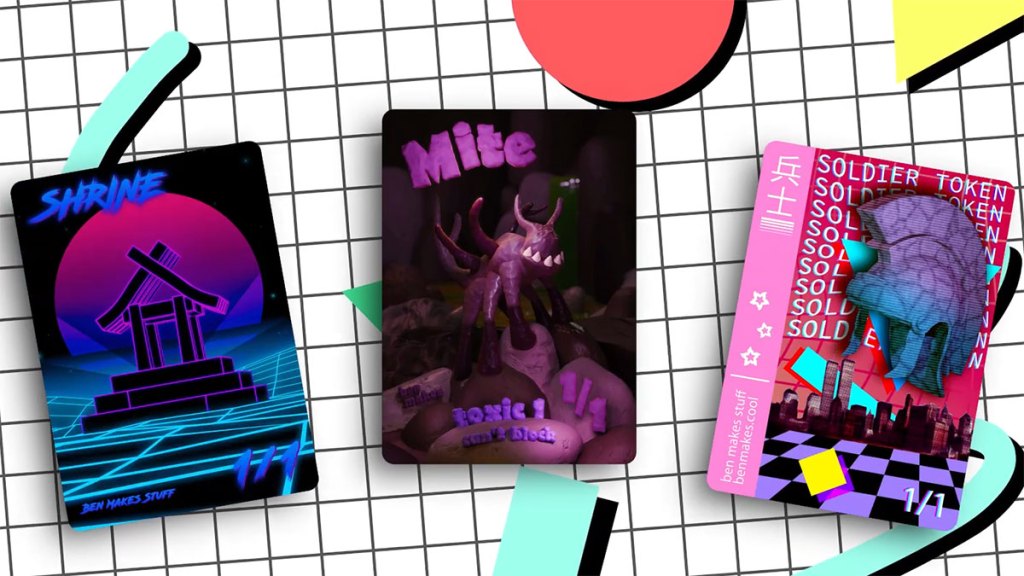
A proxy card, often referred to simply as a proxy or proxies, is a card that represents a tournament legal Magic: the Gathering card. The proxy itself is not tournament legal because it could be a custom reproduction or feature artwork from a non-official artist. However, the card is acceptable to use in a tournament if it’s meant to represent a card that would be considered tournament legal. For example, the Black Lotus card is one of the most coveted among fans, but even those who spent $1000 on a Magic 30 pack didn’t manage to get one. You can print these for around $20 and use them in games with friends or tournaments as proxies to represent the real thing. The only stipulation would be that you must make this clear from the beginning of the game.
Magic: the Gathering proxy types, explained
There are a few different types of proxies you can use in your deck, depending on the game you’re playing. We’ve outlined what these are below so you have a better understanding of the proxy scene.
Homemade/token proxies
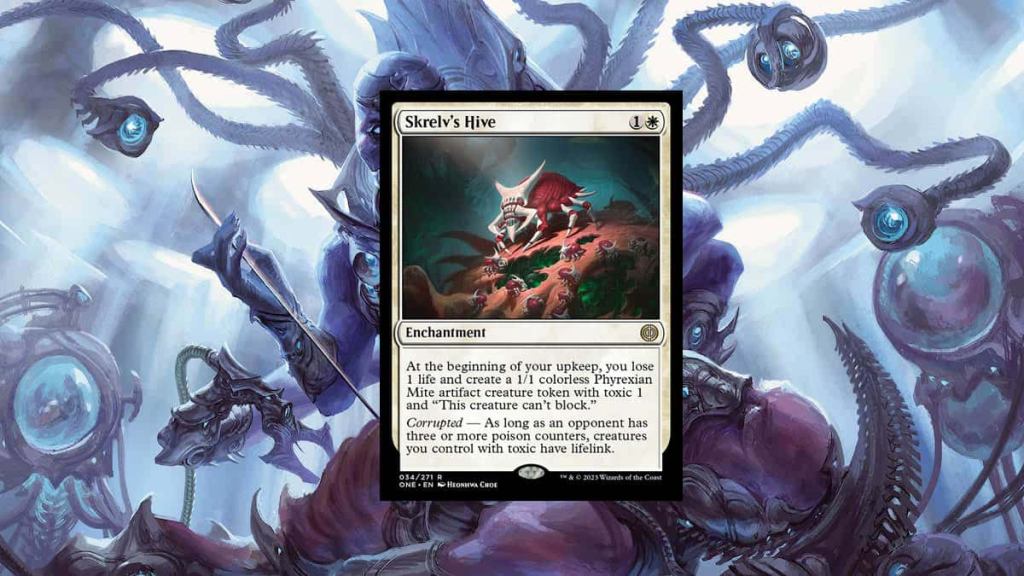
Homemade proxies or token proxies are more official than you think. These can be cards that you’ve drawn on with permanent marker or one of the many tokens you might have picked up through collecting Magic: the Gathering cards. If you play a powerful Mythic Rare card that spawns, for example, a Phyrexian Mite, you may need to use a proxy when you run out of official Phyrexian Mite cards to use. In their place, you could use a land card that you’ve drawn on to represent the official card or use a general token that is used between you and your opponent to represent certain cards when you require it.
Custom art proxies
Proxies that use custom art are some of the most appealing. These might be cards created by an artist and sold as PDFs for you to print through various printing services. Some artists, such as Ben Makes Stuff, produce unofficial packs of proxies that can all be used in Magic: the Gathering games, provided you’ve agreed on this with your opponent. Some proxies from artists can be custom designs you’ve requested. There are so many artists out there offering proxy services or cards, you really only need to take a quick look on social media, and you’ll find them.
New card proxies
Some creators like to make their own cards for Magic: the Gathering, but they tweak the rules of those cards. These proxies are unofficial because they don’t represent tournament legal cards. Instead, they’re custom cards with customer rules and effects made for Magic: the Gathering games with others who want to use these new card proxies. Only a few people play with these cards because they bend the rules and often aren’t as well playtested as the official cards and, therefore, their proxies, but some do build decks with them.
Are proxies a problem for Magic: the Gathering?
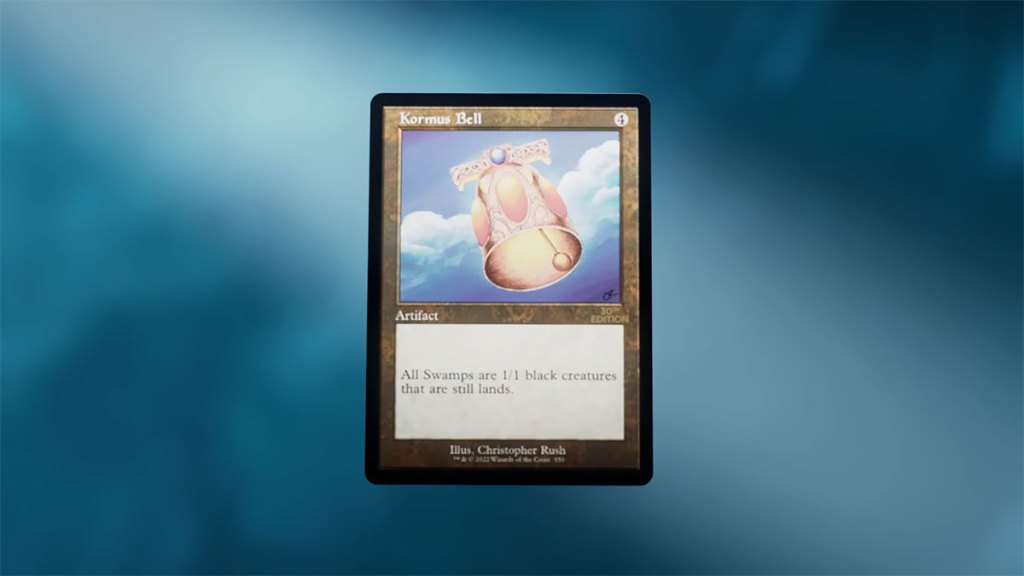
For a very long time, Wizards of the Coast made it difficult for artists to create proxy cards. The licensing rules state that artists aren’t allowed to recreate cards using the art from official cards and have the official card backings on them. Artists get around this by selling cards as ‘pieces of cardboard’ or only selling PDFs. There are printing services out there anyone can use to print a proxy card with custom art and the official card backing — and it’s completely legal.
However, with the Magic 30 celebration, Wizards of the Coast released a box of packs filled with cards that represent classic Magic: the Gathering cards from 30 years ago. Only one or two of these cards were tournament legal, causing uproar in the community because the pack cost $1000 and was mostly filled with proxies. As discussed above, proxies cost much less than $1000, so the community wasn’t too happy about the crackdown on them when Wizards of the Coast then sold an expensive pack for what should have been a significant moment in the game’s history.

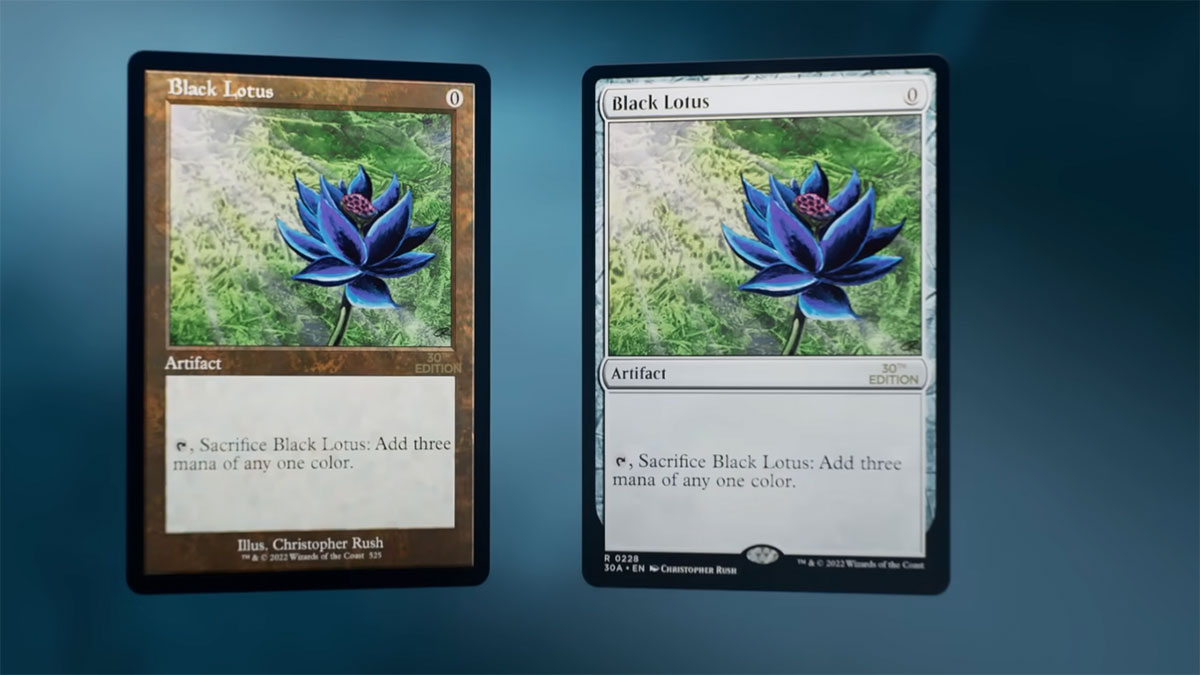
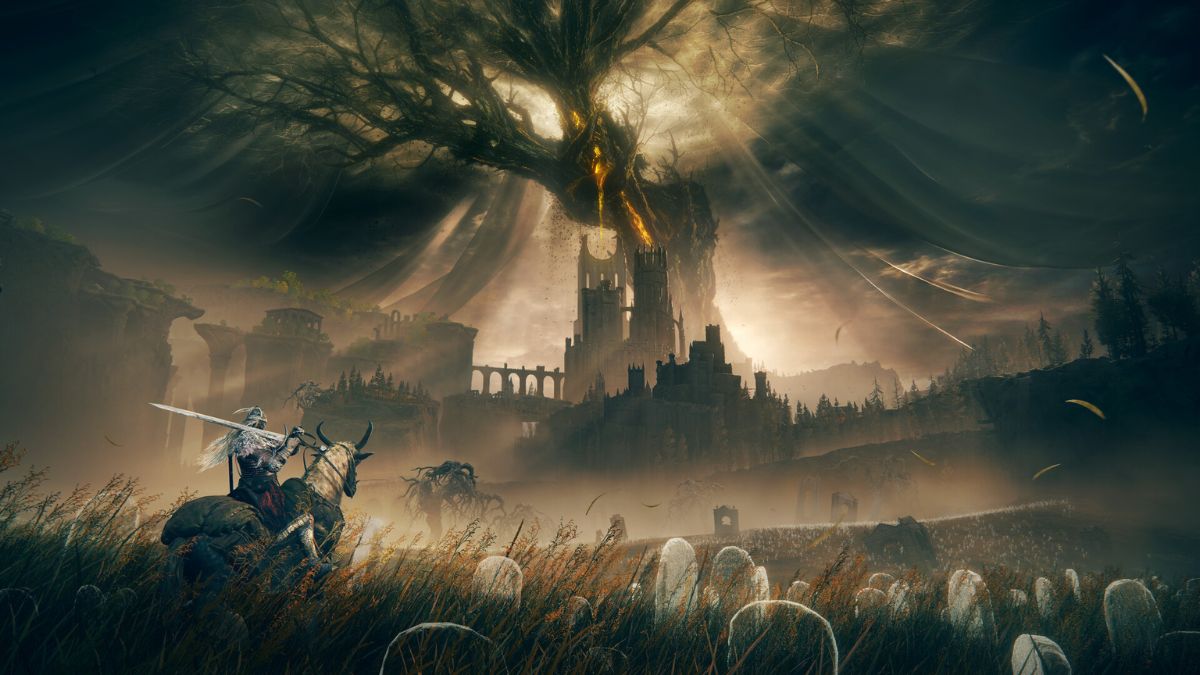
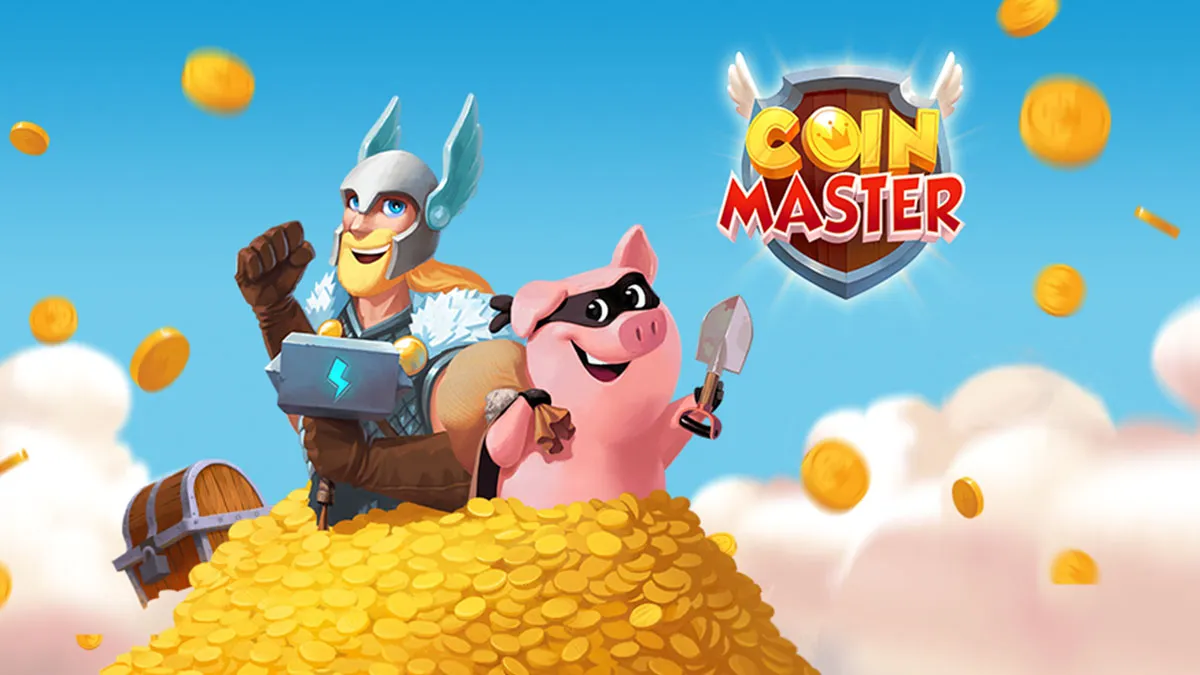
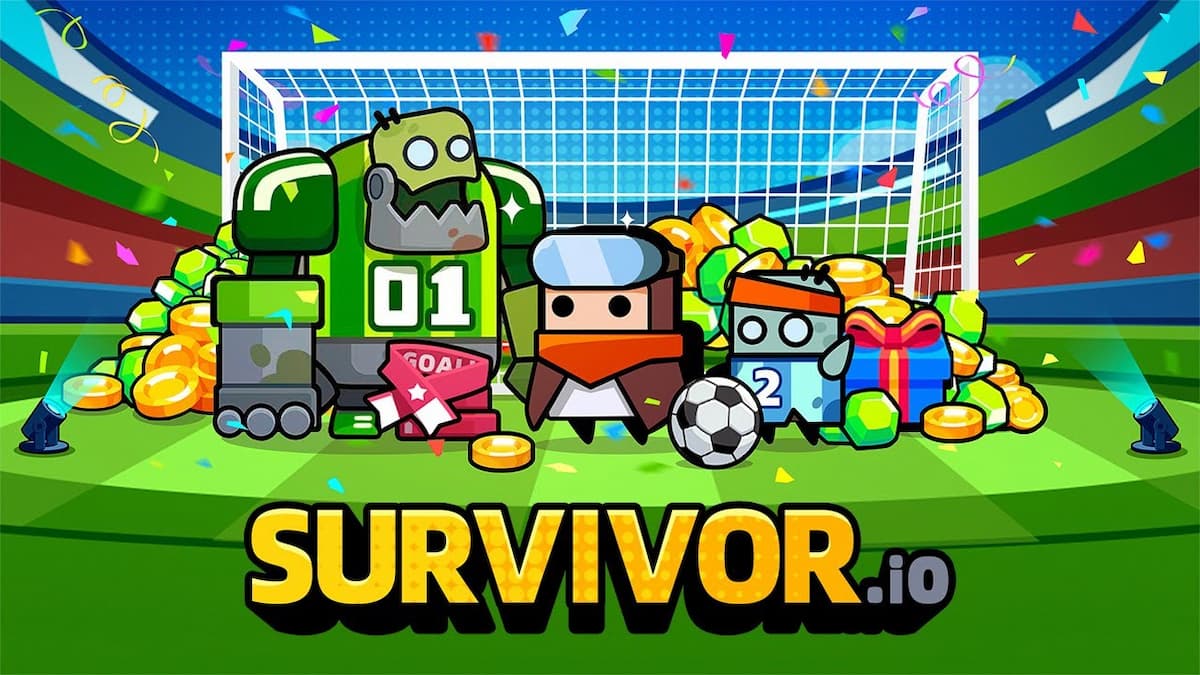

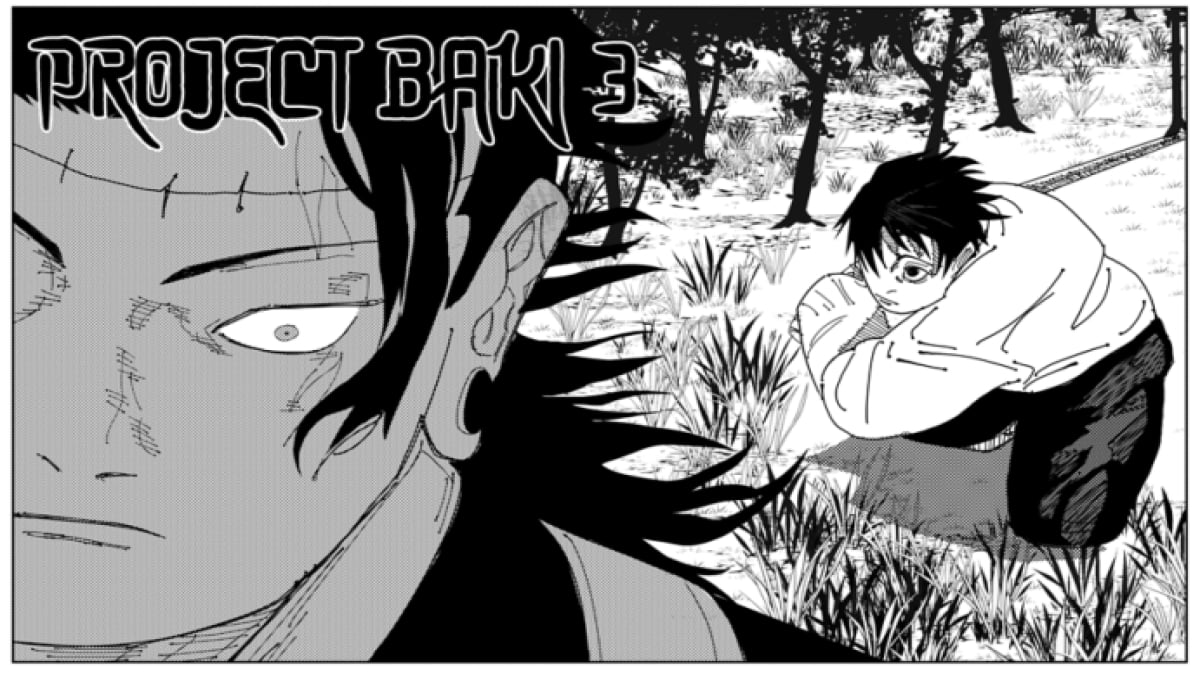
Published: Apr 18, 2023 12:39 pm